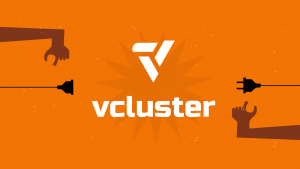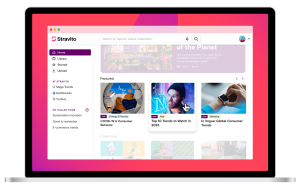Court Rules that Government Requires Warrant to Peer Into Private E-mails
![]() “The right of the people to be secure in their persons, houses, papers, and effects, [and electronic mail?] against unreasonable searches and seizures, shall not be violated…”
“The right of the people to be secure in their persons, houses, papers, and effects, [and electronic mail?] against unreasonable searches and seizures, shall not be violated…”
It sometimes takes legislation a long time to catch up with technology. Since its inception, e-mail has been treated differently than telephone calls and postal mail by law enforcement—even though e-mail could certainly be argued happens to be a combination of the two technologies, if not in actuality then in spirit. Access to e-mail could be obtained through simple subpoenas without the same oversight as warrants. Until now.
Joe Mullin over at paidContent.org brings us news of the ruling that may change this behavior and require a warrant to breach a citizen’s e-mail privacy,
In a landmark ruling today at the U.S. Court of Appeals for the 6th Circuit, a three-judge panel held that that a criminal defendant had a right to privacy in his e-mails, and that in order to get access to them, law-enforcement agents investigating him should have obtained a warrant signed by a judge. Currently, federal law allows the taking of e-mails in many situations without a warrant or other showing of probable cause.
It’s a victory for privacy advocates, many of whom have long held that the government should have to get a search warrant to collect electronic communications—just as they would in order to search physical “snail” mail or tap a telephone. Today’s ruling in U.S.A. v. Steven Warshak is the first appellate-level decision that makes clear that a warrant is indeed required to read e-mail. The government typically would go to an e-mail service provider with such a request, but it could be aimed at any entity that handles e-mail, such as an employer or ISP.
The important difference between subpoenas and warrants is that warrants must be reviewed and signed by a judge and those seeking the warrant must convince the judge that they deserve that signature according to the law. As currently held, the law requires a showing of “probable cause” in the case of a warrant issued in the course of a criminal investigation. In the United States, this is all an outgrowth of the 4th amendment—which I partially quoted above, for effect.
The ruling immediately affects the 6th Circuit of the United States, which encompasses Kentucky, Tennessee, Ohio and Michigan, but may have reaching effects for the entire US involving the admissibility of e-mail evidence in criminal cases obtained without warrant. It rises out of a criminal “massive fraud” court case involving sales of the “enzyte,” a claimed penile-enhancement supplement. This product would be best known by late night television watchers who suffered through commercials featuring Smiling Bob, a very happy man with a glowing grin.
Many people don’t know exactly how easily their e-mail (and other Internet) communications can be purloined and not just through legal means. This decision will at least place private e-mail communication more on par with other private written, and even spoken, communication. We’re reminded of this ruling’s long-term affects, especially as they pertain to the cloud, as “earlier this week, ‘open’ advocate Lawrence Lessig said that relying on cloud services is ‘worse than stupidity,’ mostly because your digital belongings can be rifled through by law enforcement without your knowledge or consent,” chimes in our Editor-in-Chief Mark “Rizzn” Hopkins. “This ruling, however, may be an important stake in the ground to reverse the state of affairs with regard to cloud services.”
A message from John Furrier, co-founder of SiliconANGLE:
Your vote of support is important to us and it helps us keep the content FREE.
One click below supports our mission to provide free, deep, and relevant content.
Join our community on YouTube
Join the community that includes more than 15,000 #CubeAlumni experts, including Amazon.com CEO Andy Jassy, Dell Technologies founder and CEO Michael Dell, Intel CEO Pat Gelsinger, and many more luminaries and experts.
THANK YOU













